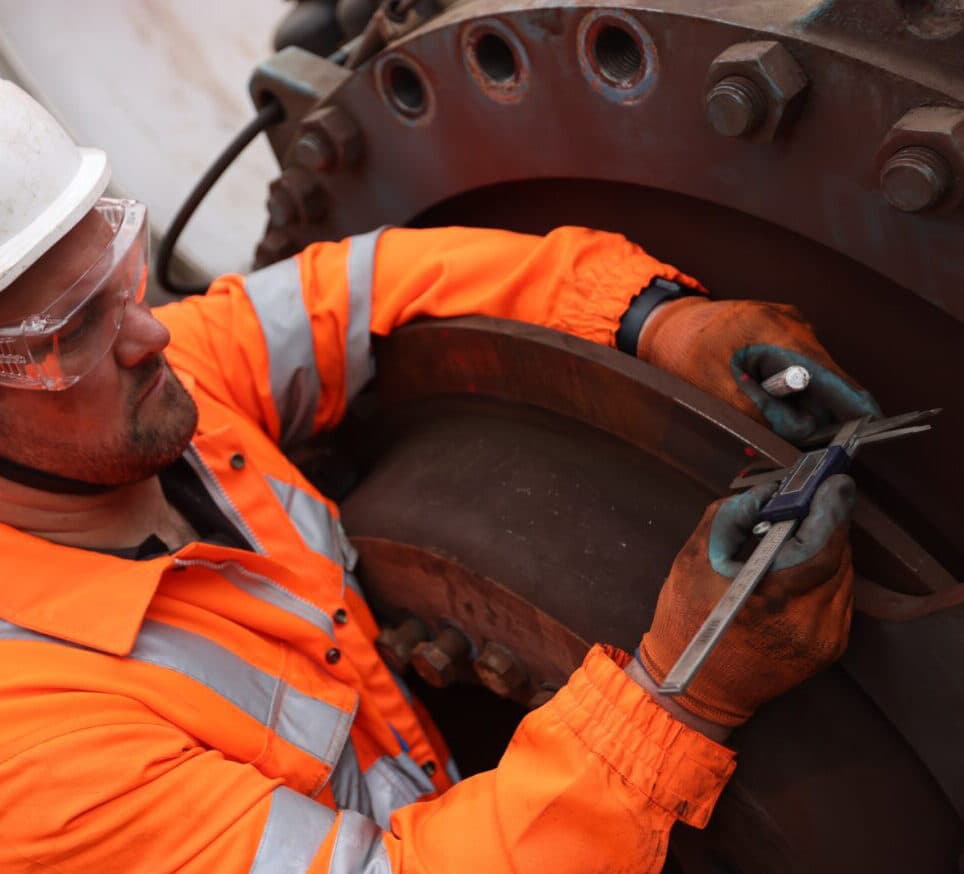As the offshore wind sector in the Irish and Celtic Seas continue to develop through the commissioning stages, the responsible decommissioning of aging wind farms presents both challenges and opportunities. The transition toward a circular economy in offshore wind requires innovative approaches to reuse of components, materials recovery, recycling, and repurposing. This report focuses on the critical role of materials in offshore wind decommissioning, assessing the potential for sustainable resource management and supply chain integration.
It is estimated that more than 12 Mt of material will be required to meet the demands of future offshore wind developments across Welsh and Irish waters in the Irish and Celtic Seas by 2035. In addition, there will be a significant volume of decommissioned materials – particularly steel, composites, and critical rare earth materials (REM) – set to be removed in the coming decades. Therefore, there is an urgent need to develop efficient recovery and recycling solutions and regional processing capabilities to take advantage of the valuable material resource that can be recovered through decommissioning. This study highlights key material types and quantities; identifies the challenges for material recovery and explores strategies to strengthen local supply chains while minimising environmental impacts.
Collaboration between industry, government, academia, and supply chain stakeholders will be essential in addressing these challenges. By fostering innovation in materials recovery and leveraging existing expertise within Wales and Ireland, we can create a more sustainable approach to offshore wind decommissioning that supports economic growth and environmental responsibility.
This report aims to inform decision-makers, industry leaders, and policymakers on the opportunities within offshore wind decommissioning and material recovery from Welsh and Irish waters in the Irish and Celtic Seas, providing key insights to drive strategic planning and sustainable development in the sector.


